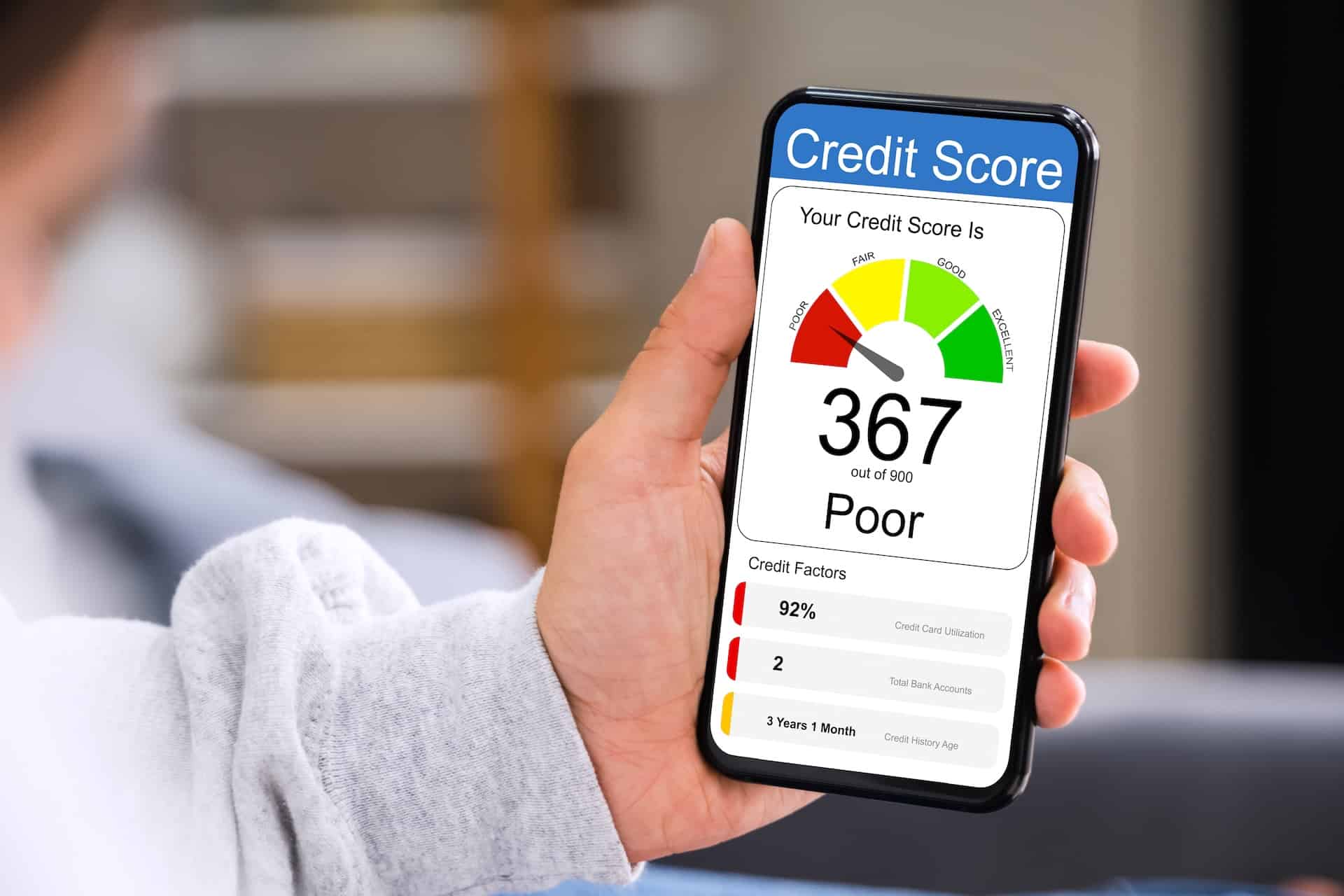Mortgages bring a whole new set of often unfamiliar jargon that can be confusing for first-time homebuyers. Still, your mortgage is likely among your biggest expenses, so it’s a good idea to learn these concepts and understand what you’re signing. Here’s a look at six key mortgage terms that every borrower should learn.
1. Underwriting
Mortgage underwriting is the process lenders use to analyze their risk is extending a loan to you, the borrower. During this process, expect to work with your loan officer to supply lots of paperwork about your income, assets, liabilities, and more. The lender will also check your credit report card, so it’s a good idea for you to check your credit a few months before you apply for a mortgage to give yourself time to clear up any issues. These documents will help determine whether you qualify for a mortgage and at what interest rate.
[cta button=”text for button” image=”http://override-default-image-url” link=”http://override-default-link/”]Check Your Free Credit Score — No Credit Card Required![/cta]
2. Principal and interest
Principal refers to the amount that you borrow from your mortgage lender, while interest refers to the cost of borrowing that money. For instance, if you borrowed $100,000 over 30 years at 5 percent interest, you’d pay back the $100,000 of principal, plus about $90,000 in interest, over the course of the loan period for a total of over $190,000. Typically your mortgage payments go towards fees and interest before your payments are applied to principal. In some cases, though, your lender may allow you to make extra principal payments without incurring early pay-off fees.
3. Amortization period
The amortization period of your mortgage refers to the length of the loan. Thirty-year mortgages are common in the United States, although some homeowners choose a fifteen-year loan so they can pay off the mortgage more quickly and save on interest. Using an amortization schedule calculator, you can see how much of your mortgage payment goes to principal vs. interest and also see how increasing your payments would speed up completion of the loan.
4. Equity
Home equity is the difference between the property’s fair market value and your outstanding loan balance. As you pay towards principal or your home rises in value, your equity increases. But if you take out a home equity line of credit or your home decreases in value, you lose equity. Many mortgage experts recommend a down payment of at least 20 percent to avoid an “underwater mortgage” where you owe more than the property’s market value, often because you started with low equity and the property’s value declined.
5. Conforming mortgage loan
Most mortgage loans conform to Fannie Mae and Freddie Mac guidelines around the size of the loan, the borrower’s debt-to-income ratio, and documentation requirements. This is what’s called a conforming loan. If you need to borrow more than the conforming loan amount ($417,000 for single-family homes in many places across the United States), then you’d likely apply for a jumbo loan, which has different criteria and accounts for a much smaller segment of the market.
6. Title insurance
The last thing you want is to close on a home and later discover that another party has a claim to the title. Or that a fence was built on what’s actually a neighbor’s property. Your real estate lawyer should check for a clear title before closing, but your mortgage lender may still require you to buy title insurance to protect them against potential losses in case of title issues that pop up later. Some homeowners also buy owner’s title insurance to protect themselves.
More on Buying a Home:
How to Improve Your Credit Score Enough to Qualify for Rock-Bottom Mortgage Rates
4 Rules for Buying a Home (and How Far You Can Bend Them)
7 Steps to Prepping Your Credit for Buying a Home




















